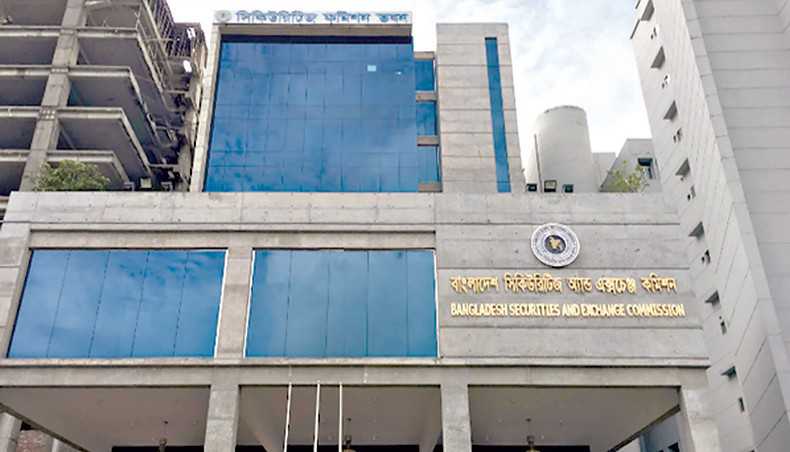Nizami says bank plundering, PLFS issue key reasons for market woes

Image collected
Bangladesh Securities and Exchange Commission commissioner Helal Uddin Nizami said that plundering money from the country’s banks and People’s Leasing and Financial Services’ liquation move were major reasons for the current stock market woes.
The BSEC commissioner also blamed the market intermediaries including merchant banks and brokerage houses and the stock exchanges for the current market situation.
Nizami made the comments at a programme held in Dhaka on Wednesday.
He said that the Dhaka Stock Exchange had failed to run the market properly and could not play its role in capital market development that prompted the regulator to think of another stock exchange in the country.
The country’s capital market has been going through a rough phase, causing the DSE key index, DSEX, to shed 455 points in the period between June 30 and July 22 and 700 points since February this year.
Nizami said a few ‘so-called’ investors protested against the share price fall in front of the DSE building and blamed the BSEC for the plunge, but the stakeholders did not raise their voice in support of the regulator.
‘We have yet to make a responsible management at the DSE that is hurting the market,’ he said, adding that the DSE failed to go along with the spirit of the commission.
The DSE has not been given authority to review a company after the BSEC gives the company a clean chit, he said.
The commission, which has nothing to do with regular ups and downs at the market, is being blamed for the downward trend, Nizami said.
‘A vested quarter is intentionally tarnishing the image of the commission,’ he claimed.
‘Is there anything to do for the commission if the market is impacted by the liquidation process of PLFS and Grameenphone’s tussle with the Bangladesh Telecommunication Regulatory Commission?’ he questioned.
He said good companies were not coming to the capital market as the bankers were luring the companies into taking huge amount of loans from them.
Plundering money from the banking sector also affected the market, he said.
The commission approves an initial public offering of a company after issue manager puts forward the company’s IPO proposal and the stock exchanges give positive feedback regarding the company. But, all put blame on the regulator if something goes wrong, he said.
People criticise the commission when share prices of a company shoot up on its debut on the stock exchanges, he said. ‘Does the BSEC tell investors to buy shares of a specific company?’ he questioned.
Market experts, however, said that the BSEC should not avoid responsibility by blaming others.
The failure of the DSE and the market intermediaries is also the failure of the BSEC as the commission regulates them, they said.
The BSEC has been given the sole authority of stabilising the market by checking any wrongdoing and introducing better policies, they said.
They said the BSEC approved huge number of intermediaries including merchant banks and most of them remained idle in the secondary market.
The BSEC might not be responsible for a freefall on a particular day, but it cannot avoid responsibility for a prolonged bearish trend triggered by lack of investors’ confidence and trust in the regulator, they said.
Regarding a company’s IPO, the BSEC team assesses the company’s financial accounts and gives the final approval to the IPO.
Market operators said question arose when the BSEC panel failed to detect anomalies in a company’s financial statement.
The BSEC ordinance gives the commission power that it can cancel any IPO if it finds anomalies in the financial reports of the company concerned even after giving the listing approval to the company by the bourses.
Source: http://www.newagebd.net
Tags :
Previous Story
- Bangladeshi watchdog monitors share sales to halt market...
- Stocks fall amid selling spree ahead of Eid
- Stocks gain for 3rd day on MPS hopes
- Stocks halt 3-week losing streak as regulators intervene
- Unit prices of SEML-managed MFs increase abnormally
- Stocks fall back to depression
- Stocks rebound on regulators’ intervention
- Price fall in large-cap drives stocks down